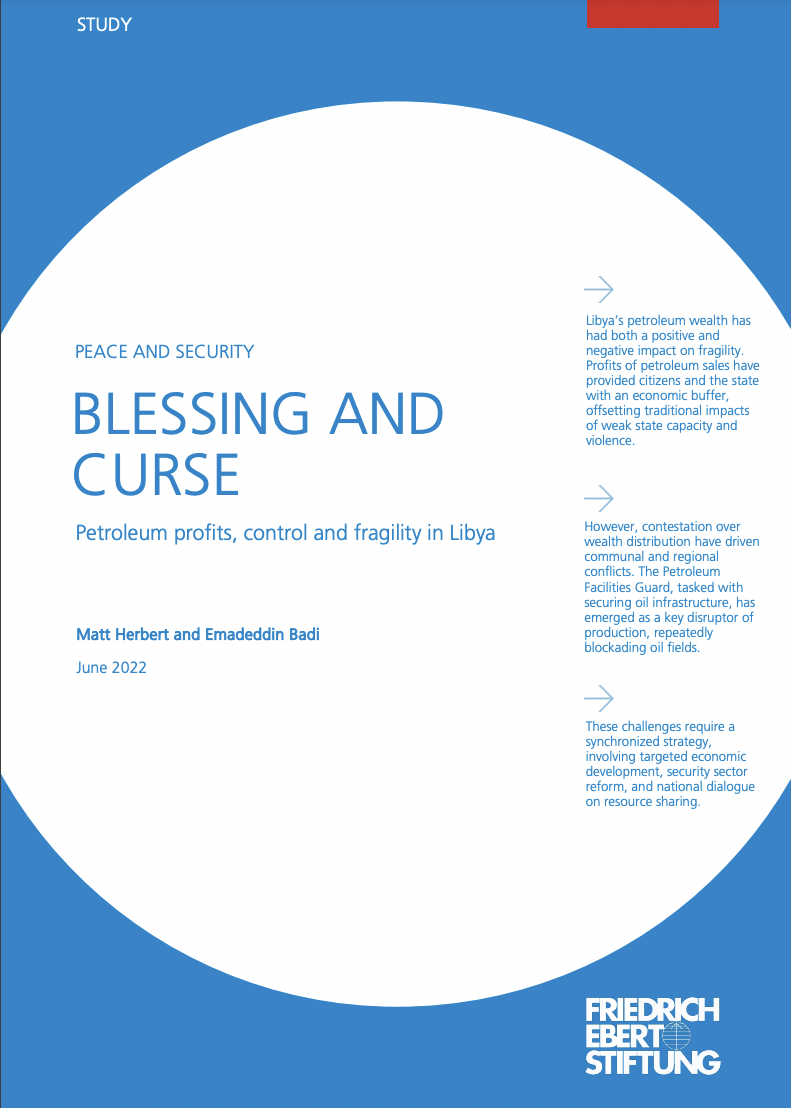I'm delighted to launch my latest article: 'Tunisia - Strengthening of Security Force Unions Blunts Internal Control.'
Published by ISPI and DCAF, as part of a broader dossier on pressing security force challenges in MENA, the article analyzes Tunisia's security force unions.
It traces the evolution of the syndicates, their growing strength and their evolving political role. The article then assess efforts by Tunisian President Kais Saied to unify the unions, and details the potential impacts a unified syndicate, as well as the current un-unified union system, could have on security governance under the new constitution.
The article can be found here (along with the broader dossier): https://www.ispionline.it/it/pubblicazione/tunisia-strengthening-security-force-unions-blunts-internal-control-35925


